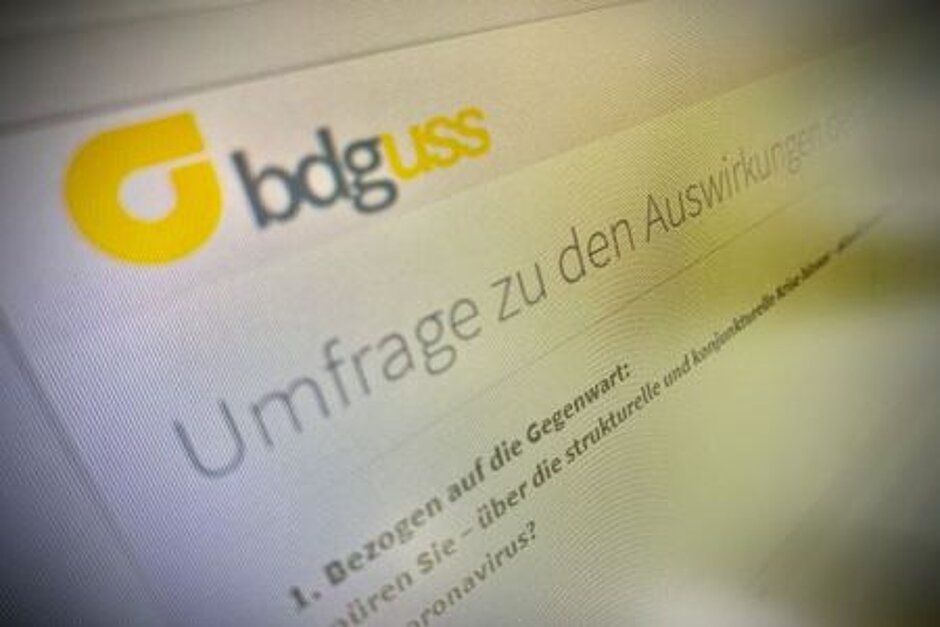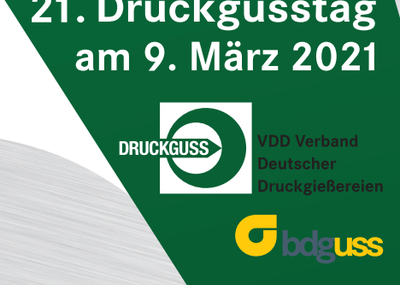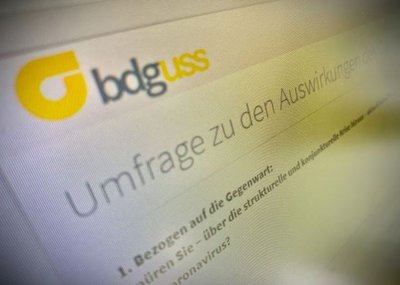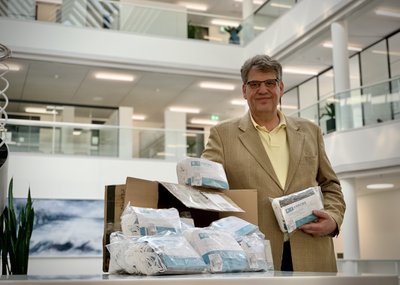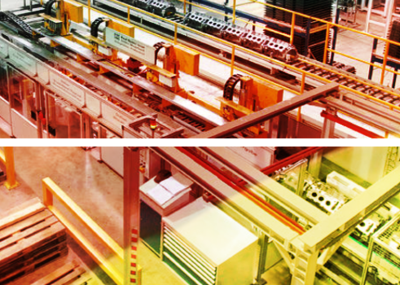Germany's foundry industry cuts investment and expects drastically falling sales in 2020. Whether the recession hits employment is also likely to depend on the extension of the short-time working allowance and the performance of the main automotive industry: these are key findings from the fourth monthly survey conducted by the Federal Association of German Foundry Industry (BDG).
Since March 2020 (first survey), the BDG has been interviewing its member companies monthly during the Corona crisis and thus collecting data on the German foundry industry exclusively and systematically. The basic framework of the same questions is supplemented in a situational way. The June survey focused on employment, sales trends and the assessment of the stimulus package.
In the initial survey in March, 76% of the companies surveyed felt the same about the topics that were queried from the outset: "Impact of coronavirus on the operation". This figure had risen above 96% (April) to 99% (May) and fell to 92% in June. A serious point remains the lack of orders. As in May, almost 90% of respondents answered in the affirmative the question of 'loss of orders or cancellations', and 64% of establishments even recorded 'grave' losses (previous month:54%).
From the point of view of the German foundries, the topic of "capacity adjustments" has also become slightly more acute. The question is answered in the affirmative by 85% of the holdings surveyed (previous month: 81%). "Short-time work" (81%, previous month 77%) is listed as instruments. During "production freezes" (33%, previous month 46%) "Staff reductions" could gradually become an issue for entrepreneurs. In this regard, support for the issue rose from 29% to 34%.
The fact that this is gradually becoming a focus is not surprising given the further assessment of the current year 2020. For example, only a minority of 6% of the companies surveyed expect stable to slightly rising sales for the current year, while 93% expect sales to decline, of which 92% is more than 10% decline.
The finding is similar on the question of investment. Only a minority of 25% wants to stick to the investments planned for 2020. The vast majority of foundries want to cut back, massively. 38% of the foundries surveyed predict at least a halving of the planned investments.
Germany's foundry, however, does not forecast a change in employment, which corresponds exactly to the pessimistic expectations of sales and production development, although the signs are on reduction. 23% expect employment to remain stable by the end of the year, while 69% of respondents predict a reduction in the workforce, 64% of whom expect a decline of more than 10%.
"Here, the short-time working regime obviously cushions even more pessimistic scenarios – and the question of duration will be crucial for further development." If almost 90% of our companies consider it necessary to extend the spa worker scheme beyond the current year, this clearly shows from our point of view: Industrial smines in Germany need incentives for increasing new orders as soon as possible," says BDG Chief Executive Max Schumacher of the results of the fourth survey, "in particular, the automotive industry must once again bring volume models reliably and successfully to the buyers."
Pleasing: Despite the severe recession associated with the Corona crisis, Germany's foundries want to continue to train young people: an overwhelming majority of 71% of companies want to keep the number of their training places constant.
Additional information
The survey was conducted from 18.06 to 24.06. (calendar week 26), 89 German foundries took part.

